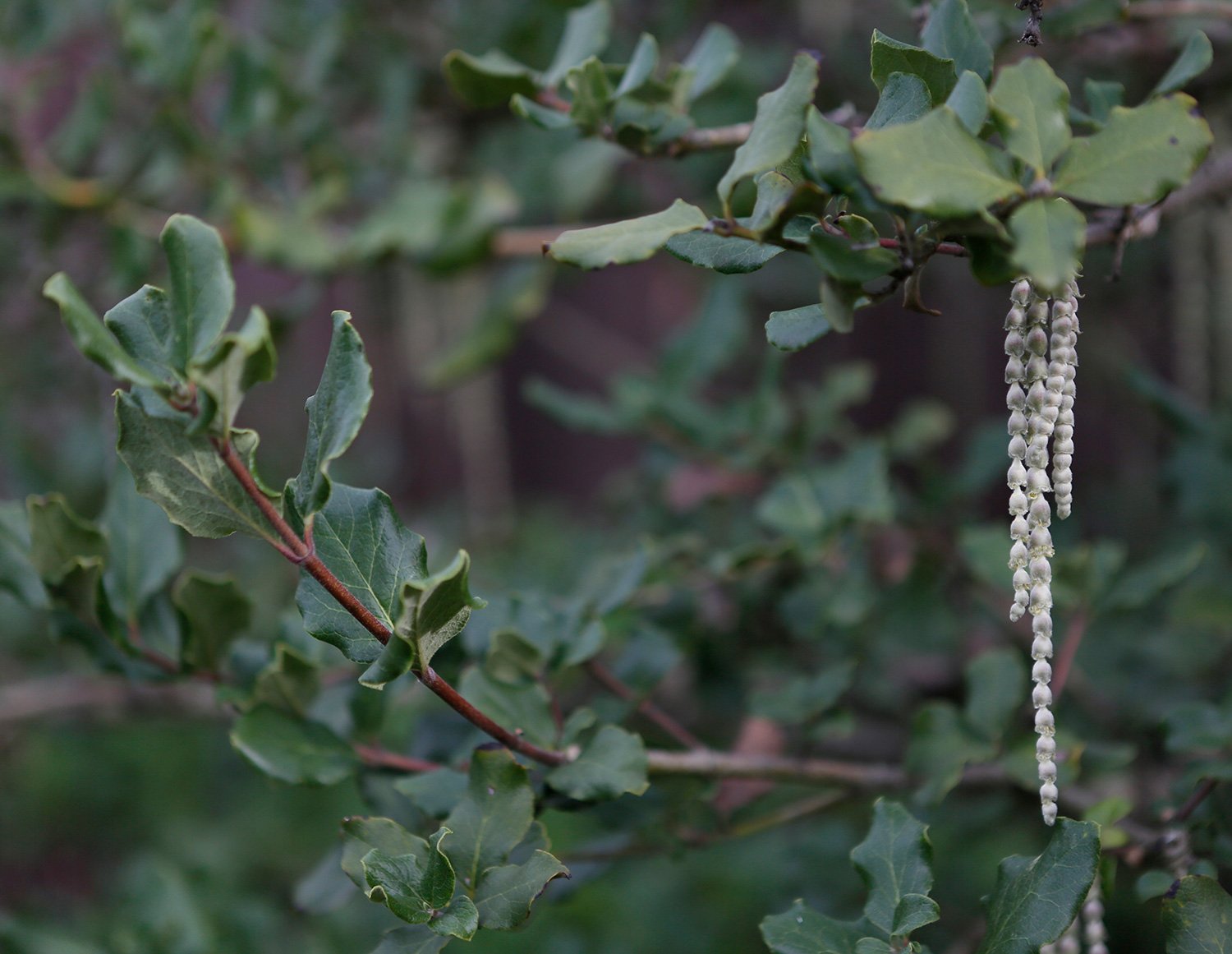
Become Certified
Become an APA Certified Aesthetic Pruner® (CAP)
The APA Certified Aesthetic Pruner® designation indicates a high level of proficiency in applying the art and science of aesthetic pruning in a variety of situations. CAPs are adept pruners who understand the biology of woody plants as well as design and art principles.
APA CERTIFICATION HAS FOUR SECTIONS
Section 1: Application and Portfolio
The CAP application packet outlines everything needed to complete the CAP process. Certification is available for Associate Members of the APA in good standing. The APA is committed to working with you throughout this process and offers you our full support as you pursue certification.
Section 2: Hands-on Pruning Videos
Once the portfolio is approved applicants will receive guidelines on creating three self-made, hands-on pruning videos. Applicants will need to purchase a container plant which will meet the requirements specified in a document you will receive after your application is accepted. The pruning videos will need to show the pruning plan, the applicant pruning the plant, and a summary of the work that was done. APA members have access to sample videos.
The videos are evaluated in four main areas:
1) Tree Assessment
2) Quality of Plan
3) Pruning Skills
4) Aesthetics
Section 3: Verbal Exam
The oral exam involves a virtual meeting with three Test Administrators via Zoom. While looking at photos of a garden, applicants are asked various questions about the garden’s design and how it would be better served through the practice of aesthetic pruning. Additionally, specific questions regarding aesthetic pruning, plant health, and other arboriculture related topics will be asked by the Test Administrators.
Section 4: Written Exam
The written exam verifies the applicant’s knowledge in six main areas: horticultural and arboricultural practices, legal and ethical issues, and art and design principles. Those who have successfully completed courses in basic horticulture, plant identification, arboriculture and aesthetic pruning should find the exam challenging, but passable.
The seven categories covered on the test are:
1) Establishing young trees
2) Pruning considerations and concepts
3) Tree biology
4) Art and design
5) Safety
6) Tree law
7) General plant considerations.
STEP 1
Become an Associate Member of the APA.
Doing so provides you access to many resources, including educational videos, that are useful in preparing your application.
STEP 2
Be a professional pruner.
STEP 3
Be knowledgeable of arboricultural concepts and design principles. Review the CAP application for additional resources.
STEP 4
Create a portfolio of 15 woody plants that includes examples of pruning cuts.
STEP 5
Complete the CAP application.
STEP 6
Submit your application and portfolio to the
APA Craft Standards Committee, and pay fee of $95.
STEP 7
Portfolio is scored by three Test Administrators. If it receives a passing score, a letter sent is to the applicant describing the CAP test. The three-part test includes: three brief, applicant-made pruning demonstration videos, a virtual oral exam, and an online written test.
APA Certified Aesthetic Pruner® Checklist
STEP 8
Applicant creates and submits three pruning demonstration videos of a pre-approved container plant (50 points possible).
STEP 9
Applicant takes the oral exam online through Zoom
(60 points possible).
STEP 10
Applicant takes the online written test through Classmarker.com (100 points possible).
STEP 11
Certification is a passing score of 75%
on each of the three sections.
STEP 12
Applicant is notified of their test results
within 30 days of completing the CAP test. An applicant who does not pass all three sections of the CAP test may apply to retake those sections
(see application deadlines in CAP application).
* For valuable support throughout the application process, we strongly recommend joining the
APA CAP Mentoring Group.

CAP Mentoring
Are you interested in becoming an APA Certified Aesthetic Pruner® (CAP)? APA members are invited to join the CAP mentoring meetings listed in the events page, which provide support to pruners preparing for the CAP exam. Meetings cover a range of helpful topics including portfolio review. Dina Blackwell and Eric King chair the meetings and make themselves available outside the meetings as well.
Email CAP Mentoring to find out more and get support in the application process.
FAQ
How much does the test cost?
$95.00, non-refundable, good for one year
What happens if my application is turned down?
If, after looking at all of your submitted materials, the Certification Committee feels you are not ready to take the test, you will be notified. All materials will be returned to you, and the Committee will indicate what areas need improvement. The non-refundable application fee allows for a second portfolio submittal within 12 months from the date of the original portfolio submission.
What form can my portfolio be in?
Your portfolio can be in electronic or printed form. An emailed PDF is easiest for the Certification Committee to view, but a printed portfolio with typed descriptions is also acceptable. Please review the portfolio requirements before submitting.
What happens to my portfolio?
If requested, your portfolio will be returned to you at the same time you are notified of your test results.
What happens if I fail the test?
You will be told what sections you failed. You can retake the failed section(s) once in the following year.
When will I know if I passed the test?
You will be informed by email or letter within 30 days of your test date.
What happens if I pass the test?
If you passed the test, you will receive an invitation to join the APA as a Certified Member and information outlining how to access and use your new benefits. The following renewal year, you will pay Certified Membership dues.
What is the appeal process if I disagree with the Certification Committee's decisions?
All evaluation results are final. There is no appeal of test scores. Any complaints about the process should be submitted to the Secretary of the APA within thirty days of learning your results.
How do I maintain my CAP status over the years?
You must stay current with your yearly dues and continue to prune professionally.





